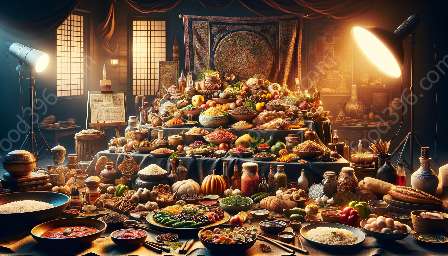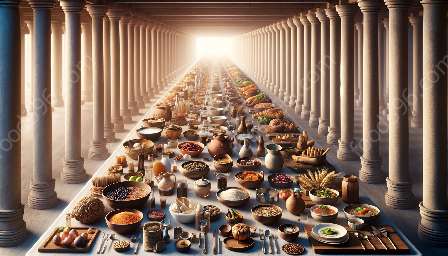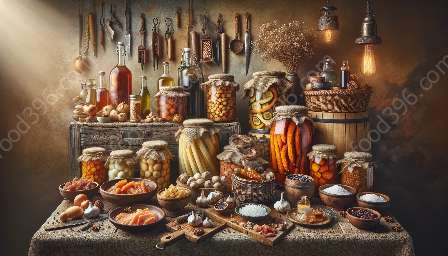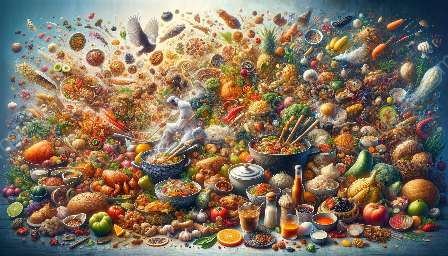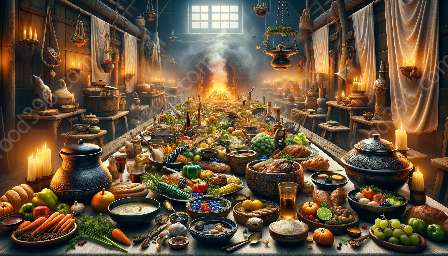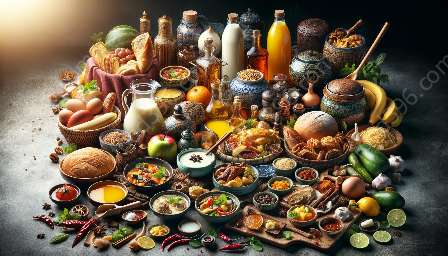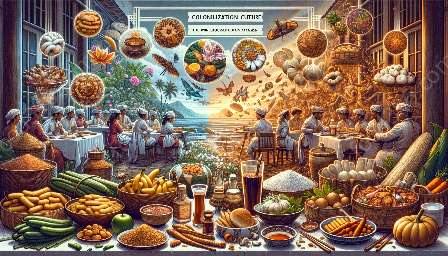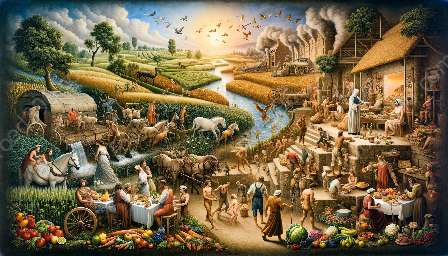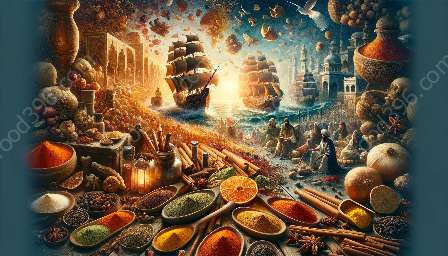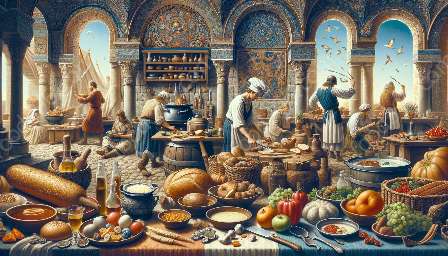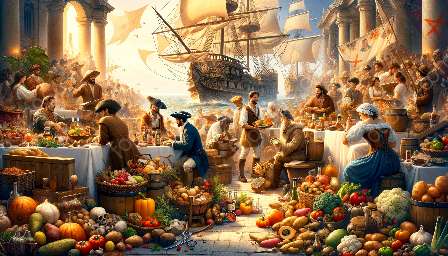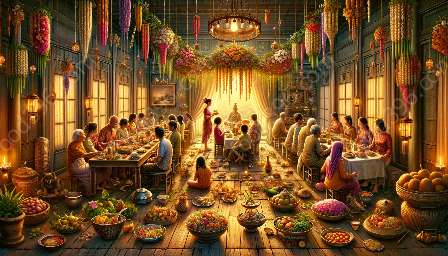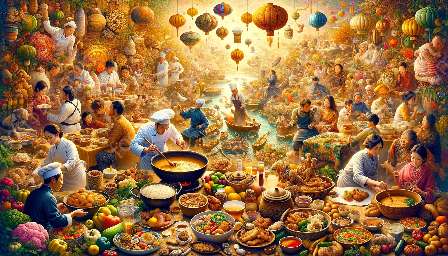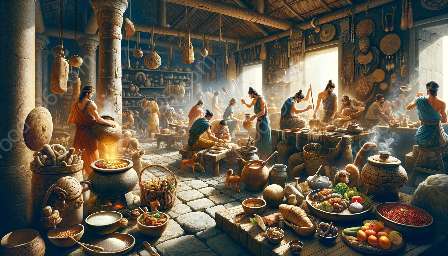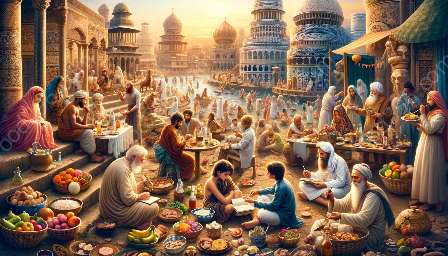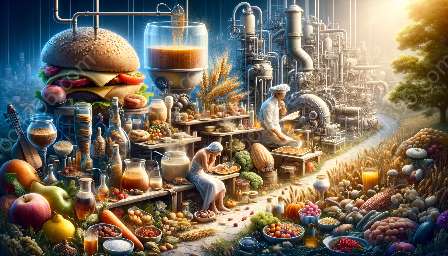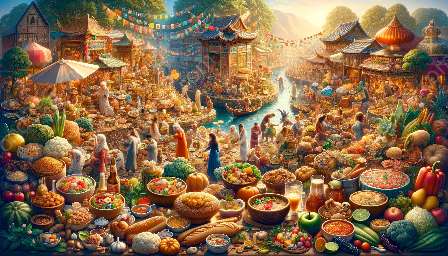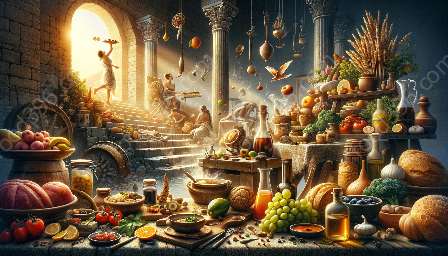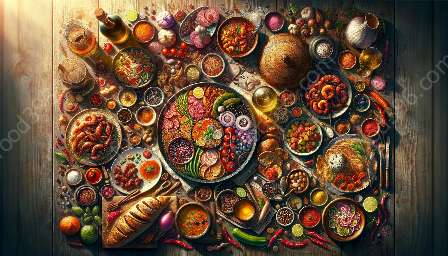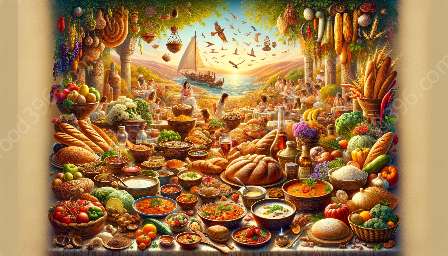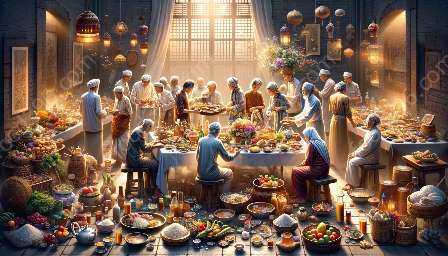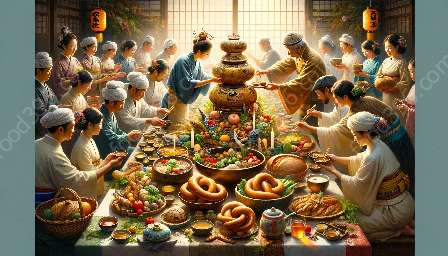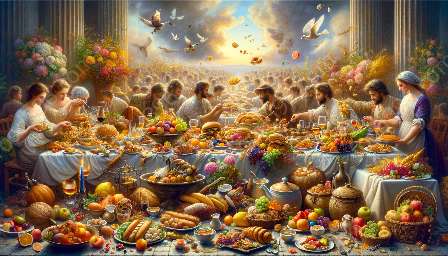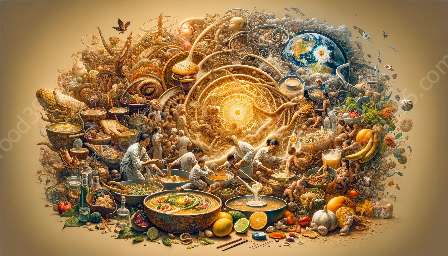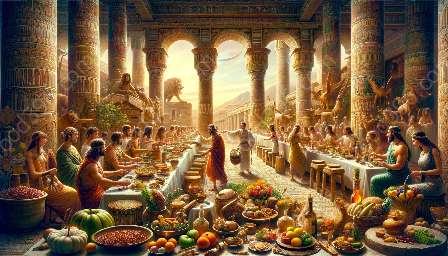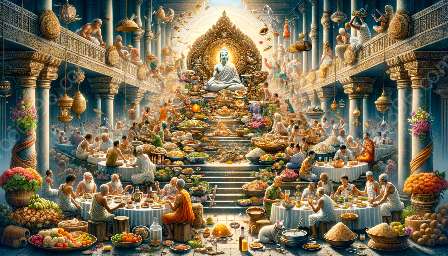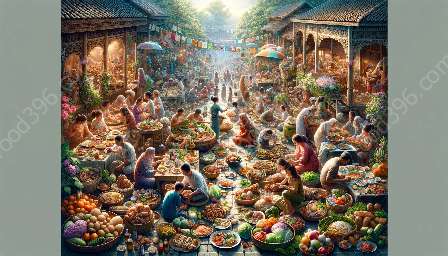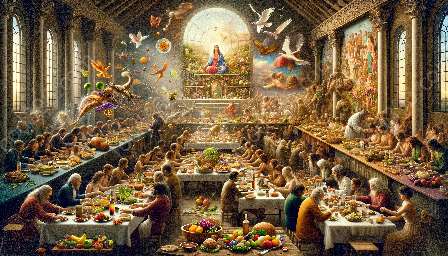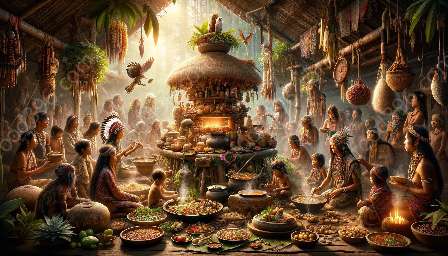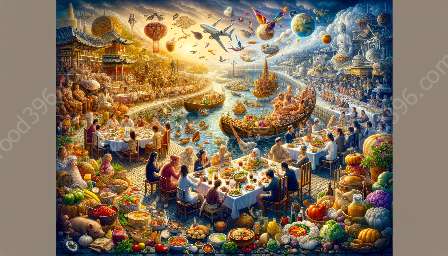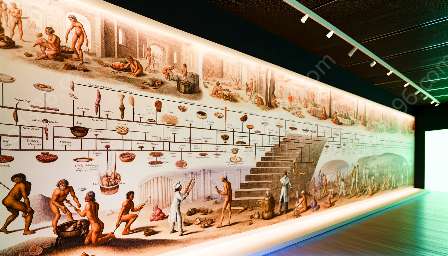Throughout history, developments in food production and agriculture have played a crucial role in shaping food culture and history. From ancient farming techniques to modern industrial agriculture, the evolution of food and drink has been closely intertwined with the advancement of agricultural practices.
Ancient Agriculture
Early human societies relied on hunting and gathering for sustenance, but the transition to agricultural practices marked a significant turning point in the history of food production. The development of tools and techniques for cultivating crops and domesticating animals enabled communities to settle in one place and develop complex civilizations.
Ancient civilizations such as the Mesopotamians, Egyptians, and Indus Valley inhabitants made significant contributions to agricultural practices. They developed irrigation systems, crop rotation methods, and other techniques that laid the foundation for future agricultural advancements.
Medieval Farming
During the Middle Ages, feudalism and manorialism shaped the agricultural landscape in Europe. Peasants worked the land owned by feudal lords, using traditional methods such as the three-field system of crop rotation. The medieval period also saw the introduction of new crops such as rye, oats, and turnips, which expanded the variety of foods available.
The development of agricultural guilds and the spread of knowledge through monasteries played a crucial role in preserving and advancing agricultural practices during this time.
Colonial Agriculture
The Age of Exploration brought about significant changes in food production and agriculture as European powers established colonies around the world. The Columbian Exchange introduced new crops and agricultural practices to different regions, leading to the global diffusion of food crops such as potatoes, maize, and tomatoes.
Colonial powers also introduced plantation agriculture, which relied on slave labor in regions such as the Caribbean and the Americas. This exploitative system had a profound impact on food production and shaped the food culture of the regions involved.
Industrial Revolution
The Industrial Revolution transformed food production and agriculture with the introduction of new technologies and practices. Mechanized farming equipment, such as the seed drill and the reaper, revolutionized the way crops were cultivated and harvested.
The use of fertilizers and pesticides increased agricultural yields, enabling the provision of food for rapidly growing urban populations. However, this period also witnessed the enclosure of common lands, leading to the displacement of rural communities and the concentration of land ownership in the hands of a few.
Modern Agriculture
Modern agriculture is characterized by large-scale industrial farming, genetic modification of crops, and the extensive use of chemical inputs. While these developments have increased food production and reduced the prevalence of hunger in many parts of the world, they have also raised concerns about environmental sustainability, food quality, and the welfare of agricultural workers.
The rise of organic farming, sustainable agriculture, and agroecology reflects a growing awareness of the need for more ecologically responsible approaches to food production. These movements seek to reduce the ecological footprint of agriculture and promote healthier and more ethical food systems.
Impact on Food Culture and History
The historical developments in food production and agriculture have had a profound impact on food culture and history. The availability of certain crops and livestock, the development of food preservation techniques, and the exchange of culinary knowledge have all contributed to the diversity of global cuisines.
Furthermore, agricultural practices have shaped social structures, economic systems, and cultural traditions. The cultivation of specific crops has been linked to the rise of civilizations, the establishment of trade networks, and the emergence of culinary traditions that continue to shape food culture today.
Conclusion
From the agricultural practices of ancient civilizations to the industrialized food systems of the modern era, the historical developments in food production and agriculture have been central to the evolution of food culture and history. By understanding the past, we can gain insights into the present challenges facing the global food system and work towards creating a more sustainable and equitable future for food and drink.

